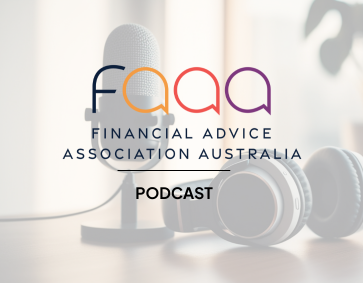Support for private equity is growing, particularly among Australian family offices and high net worth individuals, with investment in private companies offering potentially better returns and lower volatility than listed equities, according to head of business development, private markets, at Schroders, Claire Smith.
For Australian investors, the global private equity universe is much broader and deeper than the domestic equity market and wealthier investments are moving to this asset class for the low volatility and attractive returns it provides.
“Family offices and high net worth investors (HNWI) get it, evidenced by their strong and growing support for the asset class, and alternatives, in general,” said Smith.
“When looking at private equity investment and other private assets, on average 51 per cent of family offices plan on increasing their allocation to private equity, whereas only 6 per cent plan on reducing their allocation, according to a 2023 survey by Cerulli Associates. This effectively represents a net increase of 46 per cent across this cohort. Looking at ultra-high net-worth, high-net-worth and the mass influent investors, we saw increases of 32 per cent, 30 per cent and 28 per cent, respectively,” she said.
According to Smith, private equity investment in small companies offers superior returns compared to investment in larger private companies.
“Research house Preqin has found that fundraising among large cap funds increased 10.7 times from 2010 to 2022 while deal flow only rose 3.6 times.
“In other words, there was three times as much growth in money as there was in deals in the large cap space. The result of this supply and demand imbalance is higher entry multiples for investors, adversely impacting potential growth multiples,” Smith said.
“On the flipside, in the small cap and middle market, deal flow increased 4.2 times from 2010 to 2022 while fundraising only rose 2.9 times. This dynamic is creating tailwinds for private equity investors, enabling managers to buy small or mid-sized companies at lower entry multiples and sell them later, when they are larger,” Smith said.
“While a company’s size is not an indication of its performance, all things being equal, managed funds that buy small to mid-cap private companies statistically outperform their large cap managers given lower entry multiples, a longer runway for growth and a greater number of investment opportunities,” she said.
According to Smith, the family business represents a significant chunk of the wealth of many HNWIs and ultra-HNWIs. They have seen, first-hand, the many potential benefits of private investment, including superior returns compared to listed shares, lower volatility, and diversification through exposure to a broader mix of industries and companies at various stages of the business cycle.
“Not surprisingly, family offices and HNWIs are among private equities’ biggest cheerleaders. Their long-term investment philosophy and approach, which often spans generations, is compatible with private assets,” she said.
“This opens up opportunities to investments which can create great value and boosts the performance of private equity compared to listed markets, which typically cater to larger companies,” Smith said.
“As we have seen recently, listed markets involve a lot more volatility, and a lot of psychology is priced into listed shares, with people often panic selling. You can remove that through private equity investing, which is based more on company merits. As a result, private equity is less volatile and has historically provided a higher return over a long-time horizon, higher than listed markets, and that return is delivered to investors at a lower volatility,” Smith said.
Schroders Capital’s private equity investments, which include early-stage venture capital, growth and small to mid-cap buyout strategies across semi-liquid and closed ended funds.
The Schroders Specialist Private Equity Fund has returned 15.9 per cent per annum after fees over the five years since inception in 31 March 2020 to 30 April 2025.[1]
[1]https://www.schroders.com/en-au/au/adviser/fund-centre/#/fund/SCHDR_F0000159UK/schroder-specialist-private-equity-fund/AU60SCH00380/profile/












